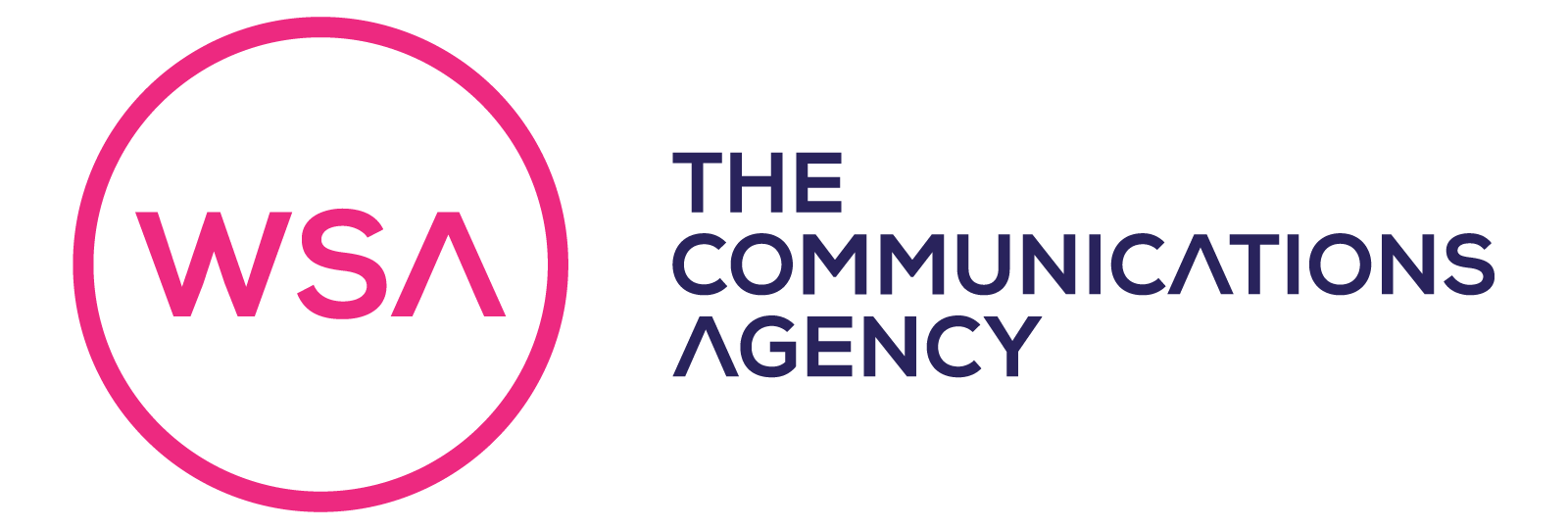A good PR function has many benefits. One that’s often overlooked, is how it can help companies to positively contribute to mental health discussions in the news, and re-frame cultural fear around speaking up about mental wellbeing.
During the 2020 Pandemic, the nation became acutely aware of the impact lockdown had on our mental health. More than ever, talking about mental health issues became a prominent topic in the news. Once, largely stigmatised as something best left unsaid, lockdown brought mental wellbeing centre stage of the current affairs agenda. Anxiety, depression and other mental illnesses are now being talked about more openly across all platforms, from TikTok to broadsheets. And that can only be a good thing.

Whilst, 1 in 4 people in the UK may experience mental health issues each year, there is still fear for some about admitting they are struggling. The media is the perfect forum to educate, support and guide us, and that’s where companies can step in too.
Brands and businesses can help play their part in these important discussions to help breakdown perceptions of mental health conditions and inspire people to take action. Traditionally a topic for the healthcare sector, we are now seeing an emergence of support and understanding from other industries who are sharing relatable examples of mental health matters from their workplaces and sign-post ways to get help. Making mental health discussions more ‘mainstream’ is a positive move to stop the stigma and help save lives.
Case study – relatable, real-life staff mental health journey
An example of work we’d love to share, focuses on inspiring workers in the construction industry to talk openly about their mental health concerns. We worked with our client Mobile Mini, who support The Light House Club’s ‘Under the Hard Hat’ charity campaign, to raise awareness of this critical issue amongst workers in this sector.

In this male-dominated industry, a ‘man-up’ culture is still very much present. Perceptions need to change, so raising awareness is crucial. Sadly, around 454 construction workers lose their lives to suicide each year, so it’s vital to get the message through that it’s ok not to be okay.
To address this, we advised sensitively using a staff member’s personal mental health experience to highlight this concern in construction. Telling the story of Glen’s personal struggles with mental health and the support he received once he’d opened up, was incredibly powerful and applauded by colleagues and industry peers alike.
Construction UK, sympathetically handled the editorial feature with our guidance to allow Glen’s candid account to be written in a relatable, honest way. Glen hopes that even if just one person who sees the article opens up about their mental health worries, it might save a life. Click here to read the article in full.
Ideas to help your company join the discussion through PR:
Join forces – Get involved with a mental health charity. Companies who help support non-profit organisations with dual publicity can really make a difference to funding and raising awareness.
Case studies – Encouraging staff or clients to share their stories and support received to aid recovery are really important. Told empathetically, their relatable content can help others to understand they are not alone.
Mental health first aiders – If your company is pro-active with Mental Health wellness, shout about it. A positive, supportive working environment is a great reason to work for a company and promotes a nurturing image of your business.
Be sensitive – handle stories with care. Always seek permissions for case studies, names and pictures to be used in the media or on a company blog. Promote the positive aspects of the story, showing the help and support to recovery, rather than dwelling on distressing experiences.
Understand the language – do your research and get to grips with what certain mental health illnesses are – such as bipolar, depression or self-harming – rather than assume knowledge from what you may have read yourself. Avoid terms like “committed suicide”, rather “died by suicide”. Progressive terminology helps to keep communication more positive and less stigmatised, which is so important if we are to really make a difference to the perceptions of mental health illness today.
If your company would like to reach out for advice on managing mental health and especially suicide press relations activity, the Samaritans have an informative guide for journalists and Marketing professionals about how to communicate sensitive messages.
To speak to an agency that understands the importance of this messaging, get in touch with us today.
